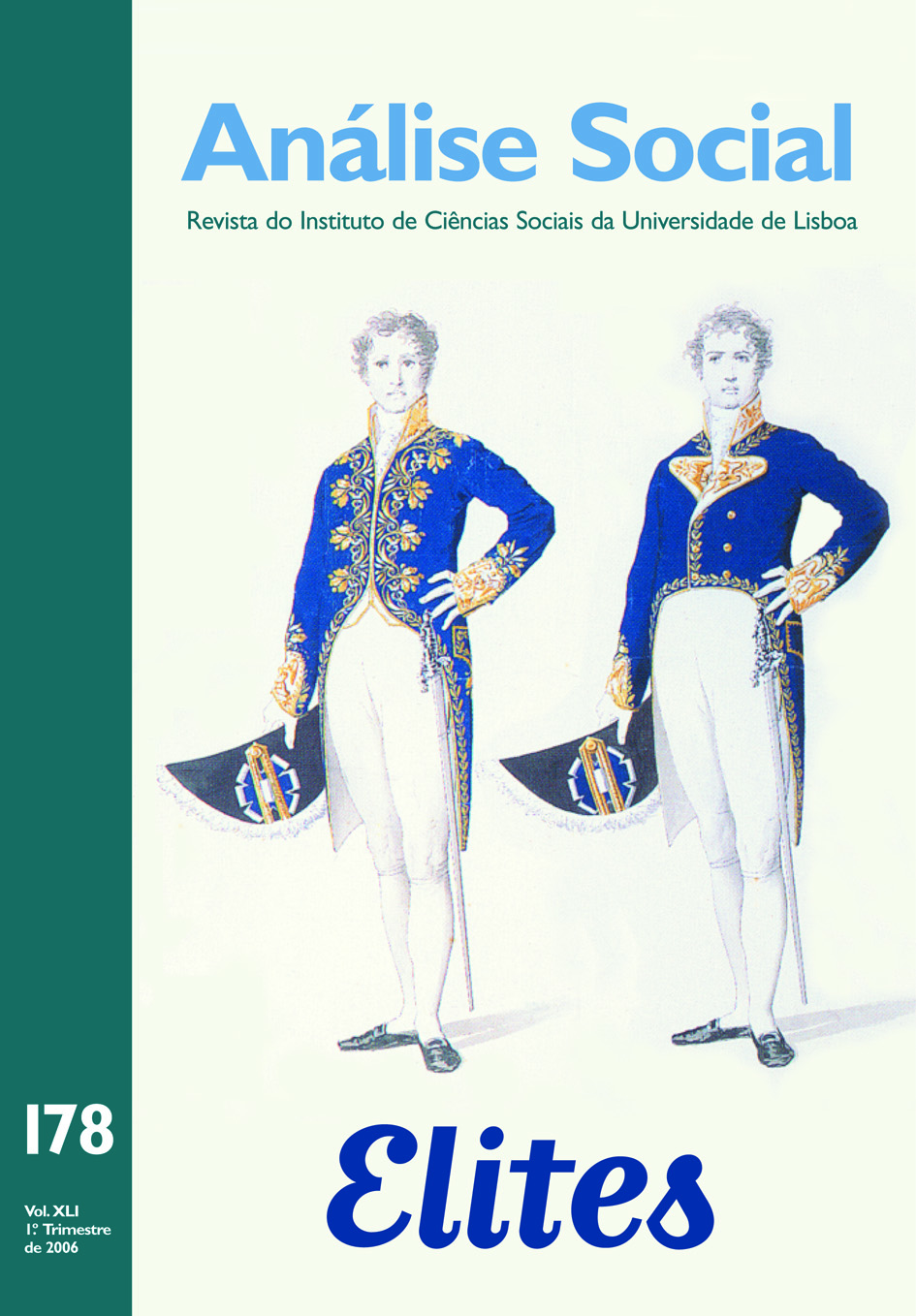Popular politics and local notables in Portugal (from the end of the Old Regime to mid-nineteenth century)
DOI:
https://doi.org/10.31447/AS00032573.2006178.05Keywords:
rural population, changes in social relations, PortugalAbstract
This article highlights changes which took place from the end of the Old Regime in traditional patterns of social relations in the countryside in Portugal. These changes opened up the potential for new types of collective experience and new forms of political participation, sowing the seeds for future politicization. Following the struggles against landlords and against the advance of agrarian individualism, there was a growth of clientelism and contractual arrangements, which in one part of the country altered the relationship between local notables and the rural population, on the basis of multiple dependencies of the lower strata of society, including the regime of partnership. The single family contract, which isolated it from the civic community, also had the effect of dispersing the agricultural population and of producing the image of «peace and harmony in the fields» so often used in our nineteenth-century literature.



